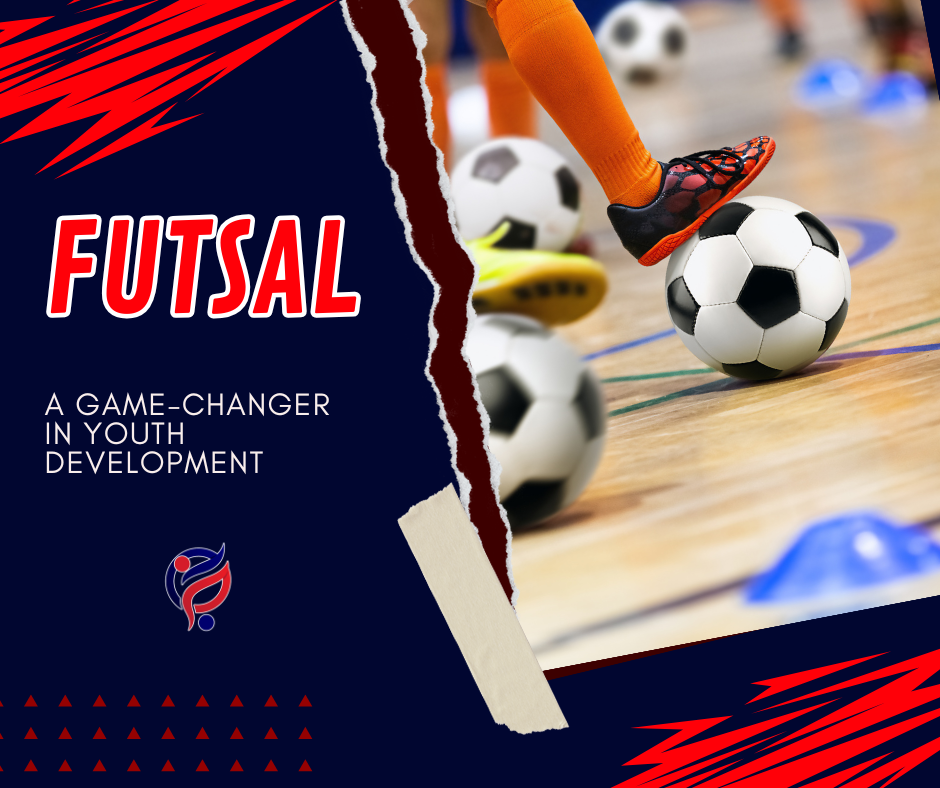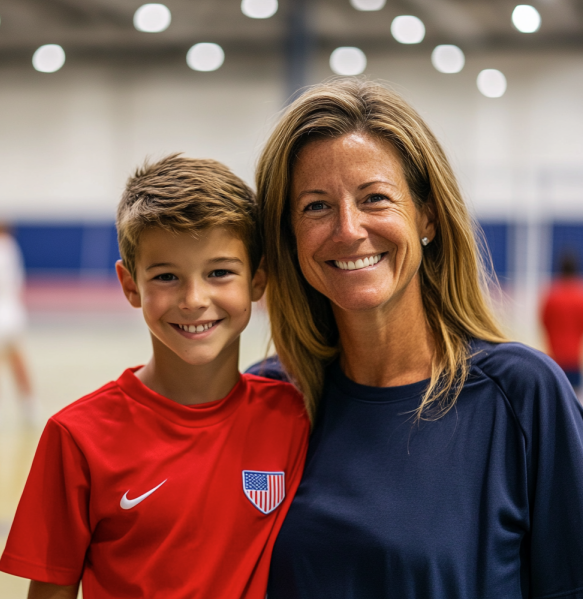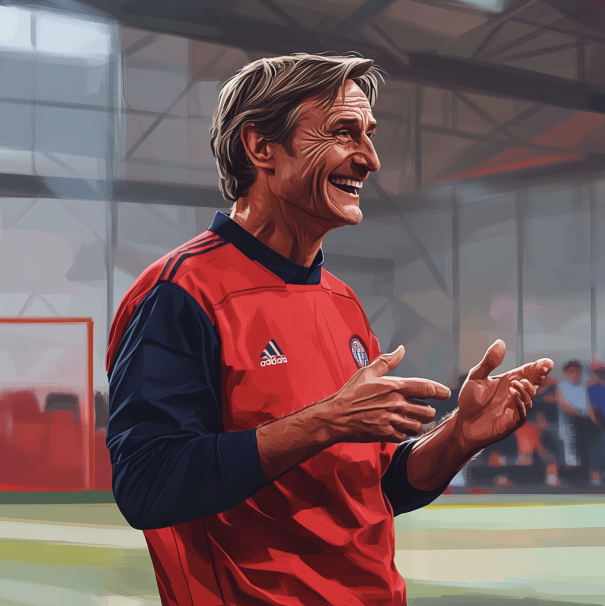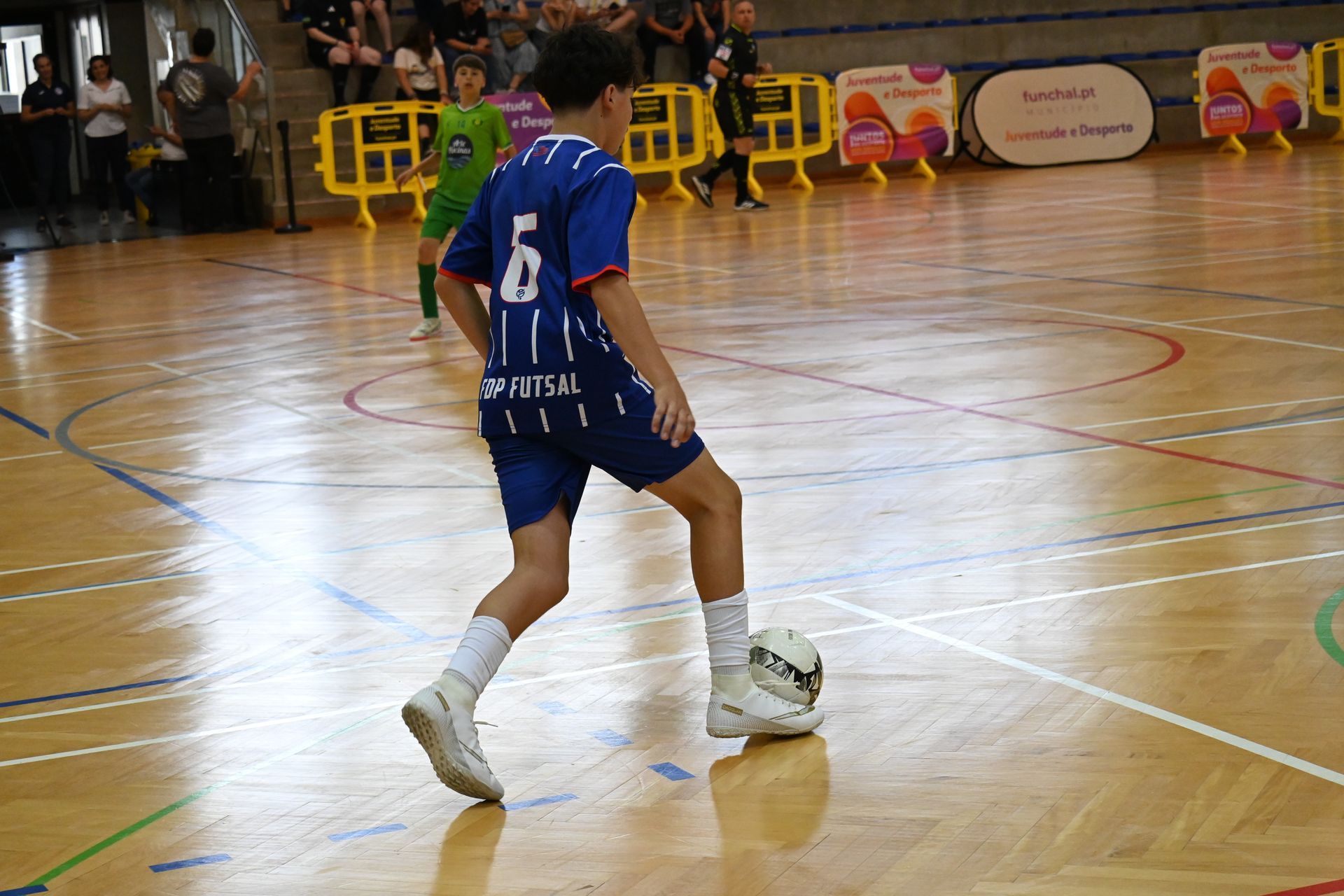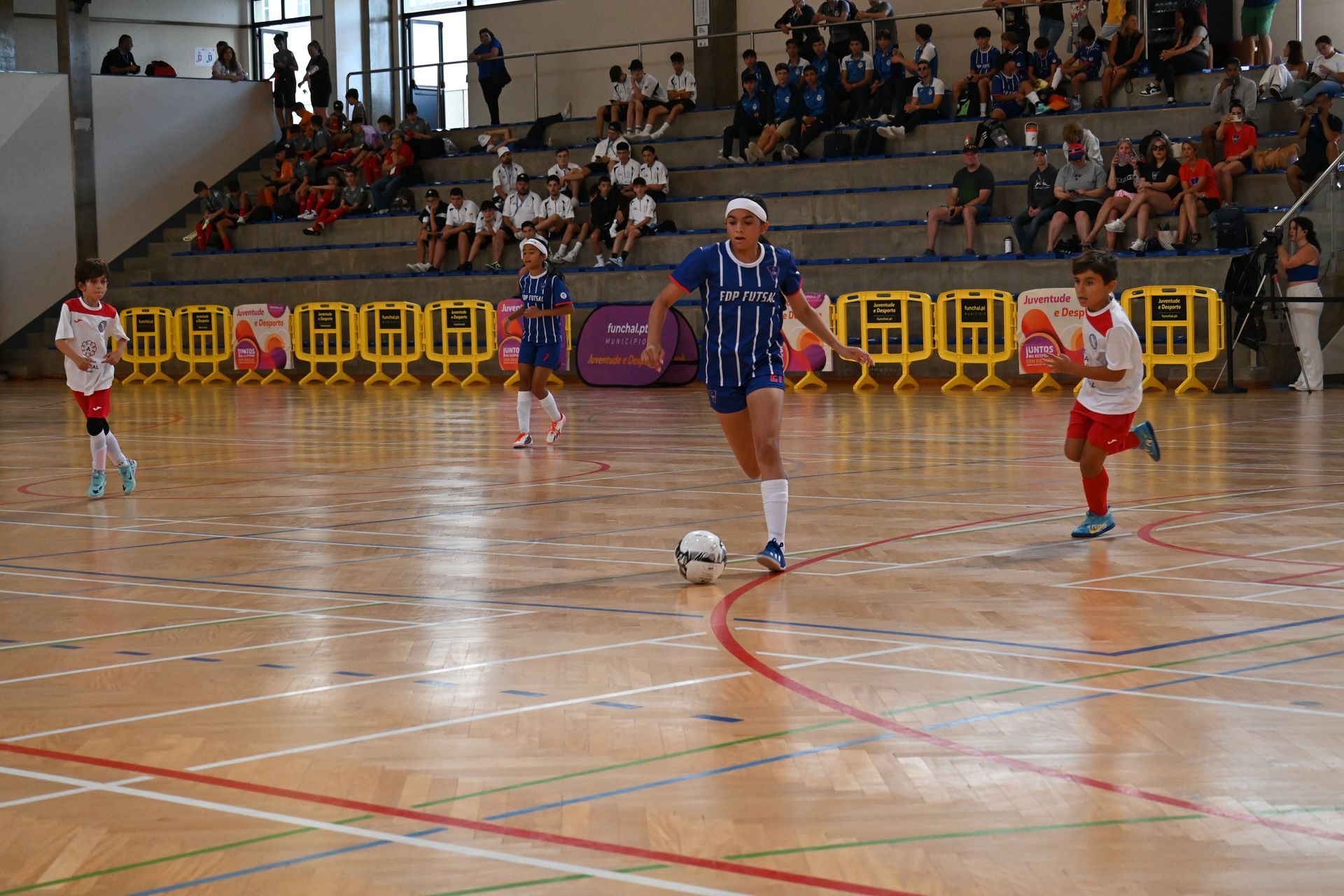GOT A QUESTION? - CALL US +1732.580.2174
Preparing Young Athletes for Back to School & Fall Soccer: Beyond the Physical
Preparing Young Athletes for Back to School & Fall Soccer:
Beyond the Physical
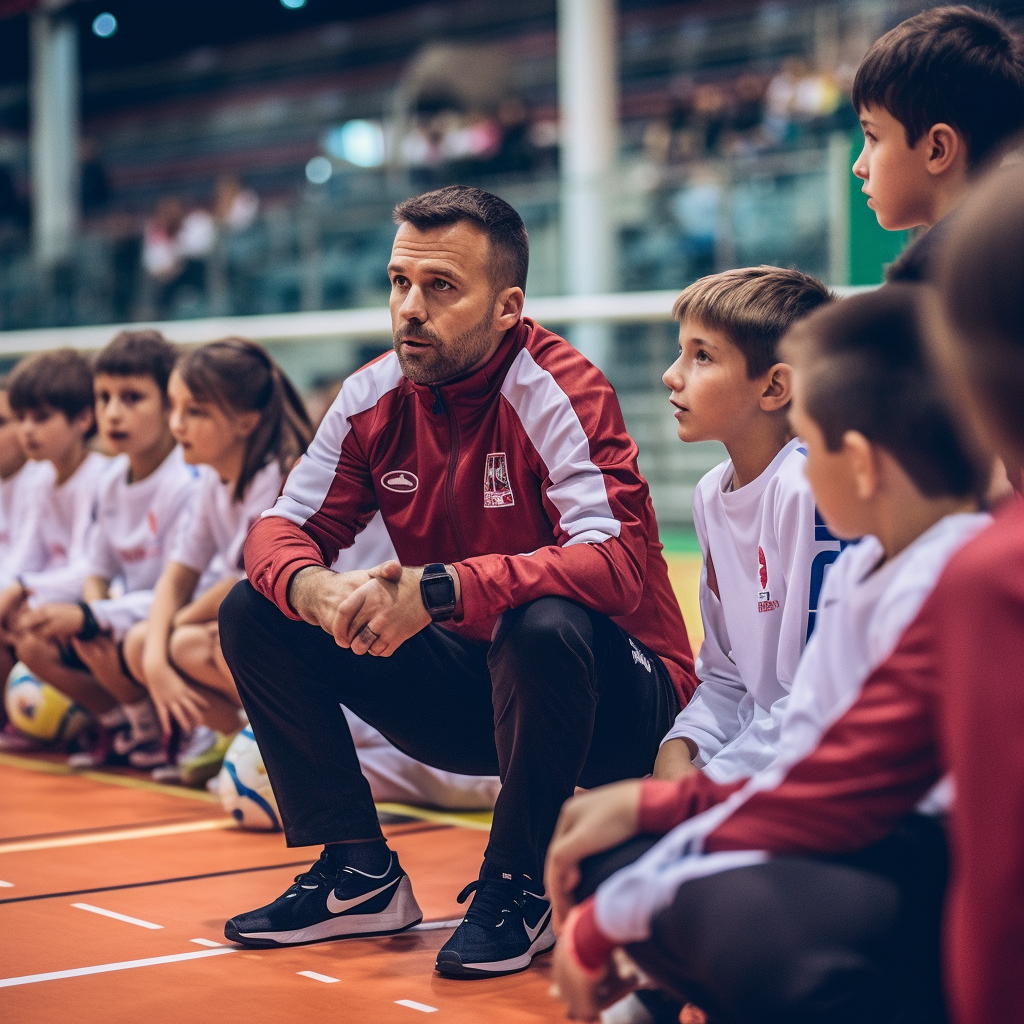
When we think about preparing young athletes for back-to-school or fall soccer, the primary focus tends to be on the physical: training regimens, gear, and even the latest trends to ensure they fit in. But there's an essential aspect that sometimes gets overshadowed: the mental and character development. Preparing youngsters mentally, instilling in them values of character, and teaching them the importance of teamwork can set the stage for a fulfilling year ahead.
Here are seven ideas to better prepare our young sports enthusiasts for the academic year, not just as athletes but as well-rounded individuals.
1. Setting Clear Goals:
How: Encourage your child to list down both academic and athletic goals for the year.
Why: Setting goals gives direction, motivation, and a clear path for youngsters. When they know what they're working towards, they can develop a structured plan to achieve it.
Positive Result: Enhanced focus, a sense of purpose, and increased commitment to their roles as students and athletes.
2. Building Resilience:
How: Create scenarios in training where they face setbacks or challenges and guide them in navigating these situations.
Why: Every athlete, no matter how skilled, faces failures and setbacks. Building resilience helps them bounce back faster and stronger.
Positive Result: The ability to handle academic or athletic disappointments and come back even more determined.
3. Cultivate Empathy and Team Spirit:
How: Organize team-building activities that encourage helping and understanding peers.
Why: Empathy allows young athletes to support their teammates in both good and bad times, fostering a more cohesive and harmonious team environment.
Positive Result: Enhanced team dynamics and the nurturing of lifelong friendships.
4. Encourage Self-reflection:
How: Set aside time each week for your child to reflect on their achievements, challenges, and feelings.
Why: Reflection allows youngsters to understand themselves better and recognize areas for improvement.
Positive Result: Personal growth, better emotional regulation, and a deeper understanding of their own strengths and weaknesses.
5. Strengthening Peer Leadership:
How: Offer opportunities for them to mentor younger athletes or lead team discussions.
Why: Leadership roles enable them to elevate their peers, take responsibility, and instill a sense of ownership.
Positive Result: Enhanced self-esteem, respect from peers, and improved team dynamics.
6. Teach the Value of Service:
How: Organize community service activities for teams, such as cleaning a park or assisting at local charity events.
Why: Service teaches children that there's a world beyond sports and school, and it instills values of kindness and generosity.
Positive Result: A broader perspective on life, a deeper sense of community, and the development of lifelong values.
7. Promote a Balanced Lifestyle:
How: Encourage them to engage in activities outside of their sport, be it art, music, or reading.
Why: It's crucial for children to have a well-rounded life. Engaging in various activities ensures they're not putting all their self-worth into one basket.
Positive Result: Reduced stress, increased creativity, and the development of a multifaceted personality.
Here are seven more unique ideas to further expand on the topic of preparing youngsters mentally and emotionally for the new school year:
1. Embracing Mindfulness and Meditation:
Example: Introducing meditation sessions before or after practice can help young athletes focus on the present moment, reducing anxiety and stress. A soccer team might start their mornings with a 10-minute meditation, focusing on breathing and visualization, which can lead to better performance and mental clarity during games.
2. Developing a Growth Mindset:
Example: When a young basketball player misses a crucial shot, instead of saying "I'm just bad at shooting," they're taught to think, "What can I learn from this to improve?" Over time, this mindset shift results in perseverance, adaptability, and a continuous drive to learn.
3. Introducing Peer-led Support Groups:
Example: Create small groups where students can share their challenges and successes of the week. A young gymnast, for instance, might open up about the pressure she feels to nail her routine, receiving feedback and support from her peers.
4. Time Management Skills:
Example: Hold workshops where athletes are taught to prioritize their tasks and allocate specific times for homework, training, and leisure. A swimmer might learn to use tools like calendars and apps to balance rigorous training sessions with school assignments and downtime.
5. Encouraging Journaling:
Example: Give each athlete a journal where they can pen down their feelings, aspirations, and challenges. A track runner, after a particularly strenuous week, might write about the highs and lows, providing an outlet to process emotions and track progress.
6. Promotion of Interdisciplinary Learning:
Example: Facilitate workshops that combine sport with other fields like art or science. A young footballer could learn about the physics behind a curveball or take up a project illustrating their journey through a combination of words and sketches. This not only enriches their knowledge but also shows how sports can be intertwined with other disciplines.
7. Hosting Inspirational Guest Speakers:
Example: Inviting former athletes or individuals from diverse fields to talk about their journey, struggles, and the importance of mental well-being. Hearing from a retired tennis player about their experiences, challenges, and how they maintained mental strength can inspire and offer relatable strategies for young athletes.
By integrating these ideas into the curriculum or training schedule, youngsters can gain a holistic view of their development, focusing not just on their physical prowess but also their mental and emotional growth. The ripple effect of such a well-rounded approach can set them up for a lifetime of success, both in and out of the sports arena.
Distributed By: Niko Alexopoulos
DON'T MISS ANY BLOG POSTS
Unlock Exclusive Insights: Subscribe Now & Stay Ahead of the Curve! Don't Miss a Single Blog Post—Join Our Community for Expert Tips, Fresh Perspectives, and Insider Knowledge. Your Ticket to Stay Informed, Inspired, and Empowered Awaits!
MAXIMIZE YOUR POTENTIAL
Empower Your Journey: Subscribe for Exclusive Access to Training, Programs, Camps, and Events. Elevate Your Skills and Seize Every Opportunity!
Contact Info
Main Office:
105 Cassville Rd
Jackson NJ 08527
Phone: 732.580.2174
Email: info@futsaldevelopmentprogram.com

